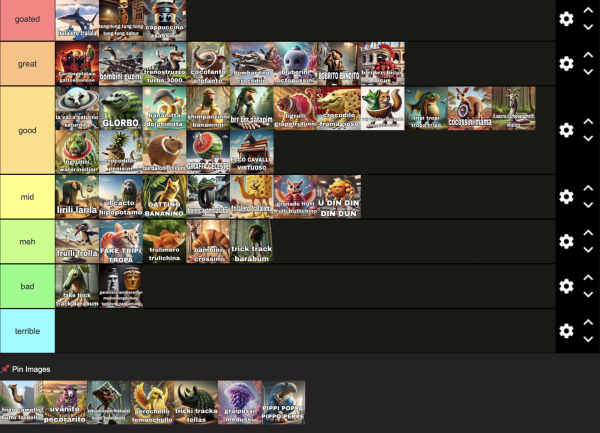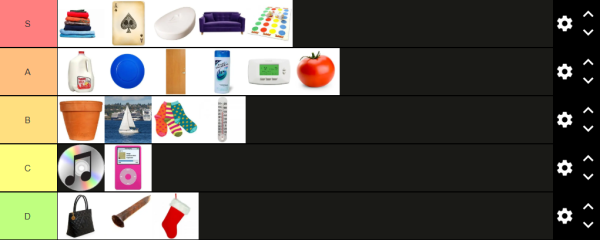Schema Theory
Schema is a psychology and sociology term that refers to the way our brain processes things. It’s the way we learn to store knowledge through gained experiences in the world around us. Everyone has a unique schema, although many people within the same cultural group may have similar schemas due to similar experiences, and because people are a part of multiple culture groups, no two people can have exactly the same.
Schemas help us form mental shortcuts, and are responsible for things like stereotypes. While stereotypes and generalizations are usually only noted for being negative, they are unavoidable and necessary for brain development. These shortcuts are associations that can be conditioned and unconditioned. They are adaptable and change over time through lived experiences.
From a psychology perspective, Mrs. Bussey, the high school psychology teacher, says that “schema, in a nutshell, are our mental categories and representation of the world around us. It’s how we store previous and current knowledge, I think it’s important to teach because we should strive to better know the world around us and be aware of our possible cognitive errors.”
From a sociology perspective, Mrs. Doggart-Greer, the high school sociology teacher, describes schema as, “a mental filing cabinet that helps humans process large amounts of information quickly.” When asked why the general public should know what a schema is, she explained that people should understand that “your filing cabinet can have false information that may need to be refiled. Sometimes when we attempt to understand the world we may process things with errors, misconceptions, and partial truths.” She went on to give an example of growing up with an orange cat and thinking that because you’ve only ever had an orange cat that no other kinds of cats exist. So when you see another type of cat, your schema has to change to accommodate new information.
Awareness of your schema and its influences on you can help lead to greater self-awareness and most times causes you to grow as a person if you’re open to it. For more information on schema feel free to talk to Mrs. Bussey or Mrs. Doggart-Greer.





